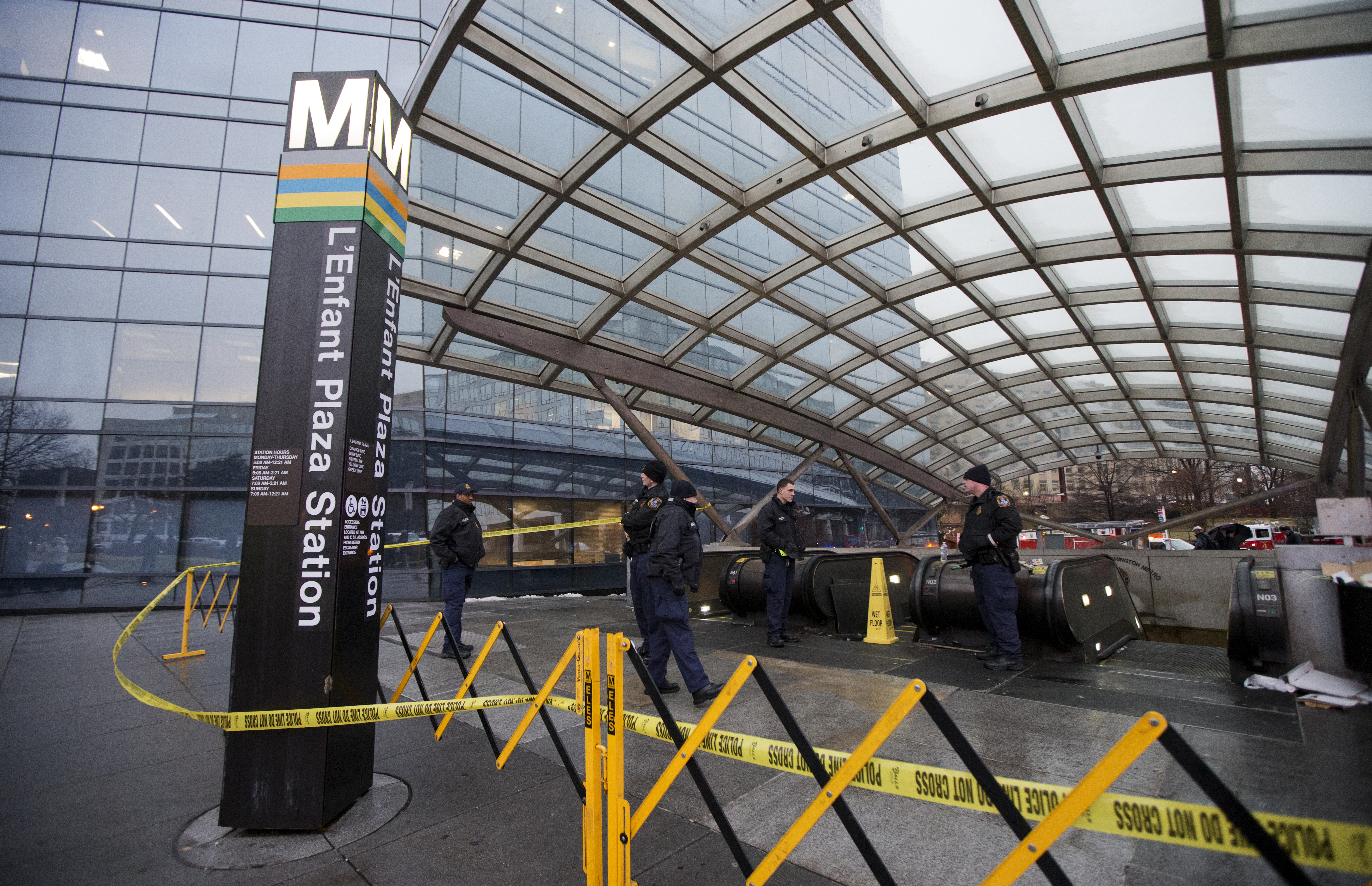WASHINGTON – The woman who led the investigation into the deadly 2009 Red Line crash says conflicting information about what went wrong this month in a smoke-filled Metro tunnel could actually help lead federal investigators closer to the truth.
The D.C. government and Metro have made some conflicting statements about the response to the smoke-filled train and station and about communication during the incident that killed 61-year-old Carol Glover of Alexandria and sent dozens of others to area hospitals.
Former National Transportation Safety Board chair Deborah Hersman now leads the National Safety Council, and is not involved in the current investigation. She left the NTSB last year.
“You have to understand that everybody has an interest…and so they’re going to have different perspectives. The value that they bring to the investigation is they serve as, many times, a check on each other, and so if you’re not getting all the information from one party, you’re probably going to get it from another,” Hersman says.
The NTSB will make final determinations about the cause or causes of the incident and will make recommendations for changes, but a final report isn’t expected for months.
Metro has already unveiled changes it is making in the wake of the incident, including giving train operators permission to turn off ventilation systems that bring outside air into the train as soon as they run into smoke in a tunnel. Previously, that required permission from Metro’s operations center.
“Whether it’s a man-made disaster or a natural disaster, or something that’s unexpected, these are things, particularly in the nation’s capital with respect to evacuation and how we deal with emergency response, that everybody should learn from. And it’s not just Metro, we’ve got a lot of important assets and facilities in the area and they need to learn from this too,” she says.
Hersman believes the lessons for emergency response stretch could be applied to tornadoes or hurricanes or terror attacks.
“You really have to be prepared. Not just have a plan, but you have to execute those plans,” she says.
Metro is looking for a new general manager after Richard Sarles retired just days after the incident at L’Enfant Plaza. His tenure was marked by a renewed focus on maintenance and infrastructure upgrades based on the NTSB recommendations that Hersman oversaw following the 2009 crash.
Hersman expects this month’s incident will shape the Metro Board’s direction.
“There’s nothing that really motivates people to focus on specific priorities [more] than a significant event like this, and I think certainly when we are looking at transitioning leadership, this is going to be at the top of everyone’s mind. It’s not necessarily going to be about schedules, or escalators, it’s going to be about safety,” she says.





